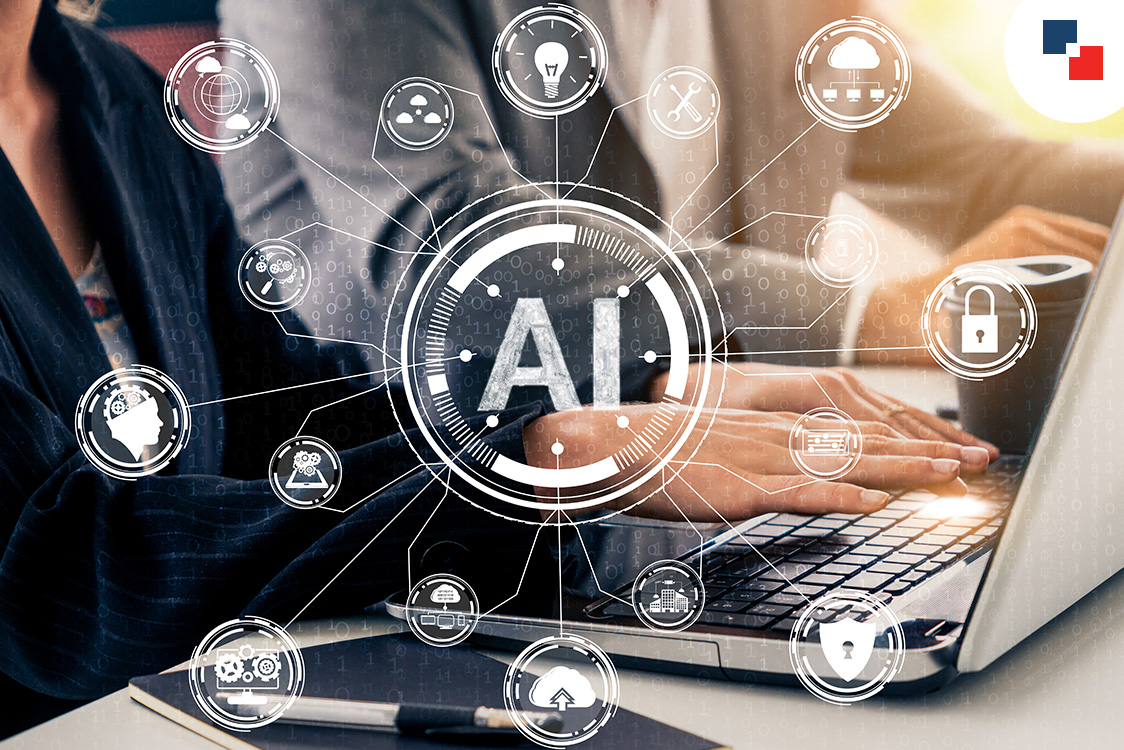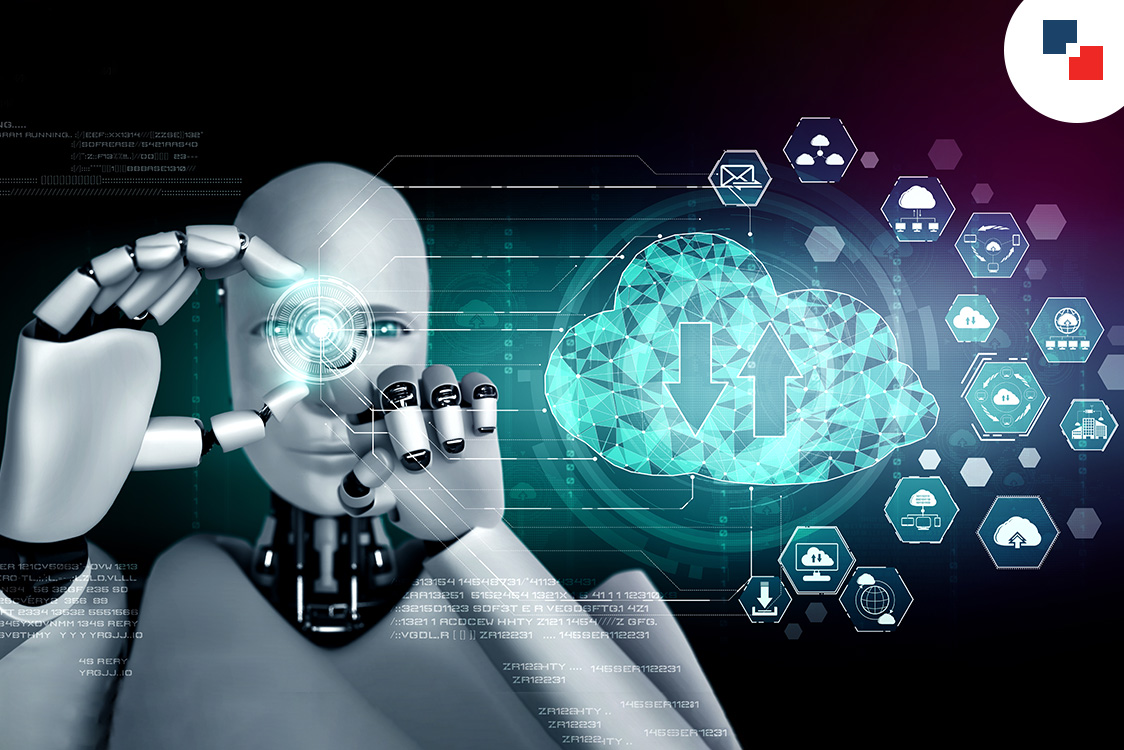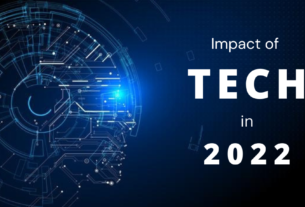Artificial intelligence aids in the automation of IT infrastructure processes, resulting in increased productivity. With the combination of AI and Cloud Computing, the outcome is a vast network capable of storing large amounts of data, also learning and improvement.
AI can use the large amount of knowledge held by the info servers whilst learning and accessing the info to place it for further use. A huge amount of knowledge AI can handle with ease at a time, which humans cannot. The capabilities increase manifold.
Services provided by various AI projects are text analytics, Speech, Vision, and Machine Language, which, when including cloud projects, cause personalized handling and better delivery of prospects.
Advanced capabilities of AI and machine learning are more readily available to organizations because of tools from prominent public cloud providers like IBM Watson, Google Cloud Vertex AI, Microsoft Azure AI, and the AWS AI services portfolio.
Advantages of AI in Cloud Computing
Cost Efficiency:
Cloud computing has the benefit of eliminating costs associated with on-site data centers, such as hardware and upkeep. With AI projects, upfront expenses can be prohibitive, but in the cloud, businesses may quickly access these technologies for a monthly subscription, making R&D expenditures more reasonable. AI systems can extract insights from data and evaluate it without the need for human participation.
Automation
AI cloud computing enables businesses to be more efficient, strategic, and insight-driven. To increase efficiency, AI can automate hard and repetitive operations, and execute data analysis without the need for human participation.
It can also be used by IT teams to oversee and monitor essential workflows. AI handles boring duties like IT personnel can concentrate on strategic operations.

Data Management
In the processing, management, and structuring of data, artificial intelligence plays a vital role. With trustworthy real-time data, AI can greatly improve marketing, customer service, and supply chain data management.
IT departments can integrate AI technologies into Google Cloud Stream analytics to receive real-time personalization, detect anomalies, and anticipate maintenance scenarios.
Deeper Insights
AI can take historical data and compare it to the latest data, giving IT teams solid, data-driven information. Artificial Intelligence(AI) tools can perform data analysis quickly, so companies can resolve customer queries and problems quickly and efficiently.
The observations and valuable advice from the AI functions lead to faster and more accurate results.
Increased Security
AI can dramatically improve marketing, and customer care, and provide chain data management with better reliable real-time data tools to streamline the way data is modified and managed. For example, IT teams can embed AI tools in Google Cloud Stream Analytics to urge real-time personalization, detect anomalies, and predict maintenance scenarios.
Better grip on Decisions
As companies deploy more applications within the cloud, intelligent data security is significant to make sure data security. AI-powered network security tools to trace and evaluate network traffic. AI-powered systems can fly a flag as soon as they find an anomaly.
This approach helps prevent damage to critical data. For example, Amazon GuardDuty is an intelligent threat detection tool that uses AI and machine learning to spot potential risks.
Disadvantages of AI in Cloud Computing
AI can save expenses, it’s sophisticated and should necessitate a well-trained workforce, which may be costly upfront. Other disadvantages of AI in cloud computing systems include:
Connectivity Concern
The benefits of cloud-based machine learning algorithms are often hampered by poor internet connections. While processing data within the cloud is quicker than traditional computing, there’s a delay between sending data to the cloud and receiving responses.
This is a serious problem when using machine learning algorithms for cloud servers where prediction speed is one of the biggest concerns.
Data Privacy
AI applications require an outsized amount of knowledge, which may contain consumer and provider information. While some data are often anonymous and can’t be linked to personally identifiable information, knowing who the info belongs to is more valuable.
When companies use sensitive information, data protection and compliance are important concerns. Companies need to specify privacy policies and secure all data when using AI in cloud computing.
Error Probability
AI may sound promising but a bit like all experiments it’s not always successful in what one may attempt to achieve. The AI mechanism attempted to find out and within the process made some questionable remarks on controversial issues. That’s where the probability of errors lies due to the vastness of possibilities while working with AI.
The prospects sounded scary when the AI program for Facebook was aborted thanks to the language the AI started creating on its own. Trust and control need to be developed before making more use of this technology.
Conclusion
Despite all the AI Cloud Computing advantages and disadvantages, we can’t deny the fact that Cloud Computing is the fastest-growing part of network-based computing. It offers an excellent advantage to customers of all sizes: simple users, developers, enterprises, and all sorts of organizations. So, this technology is here to remain for an extended time.




